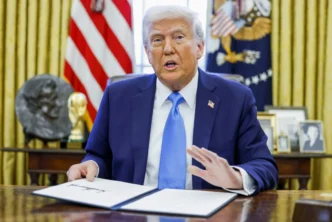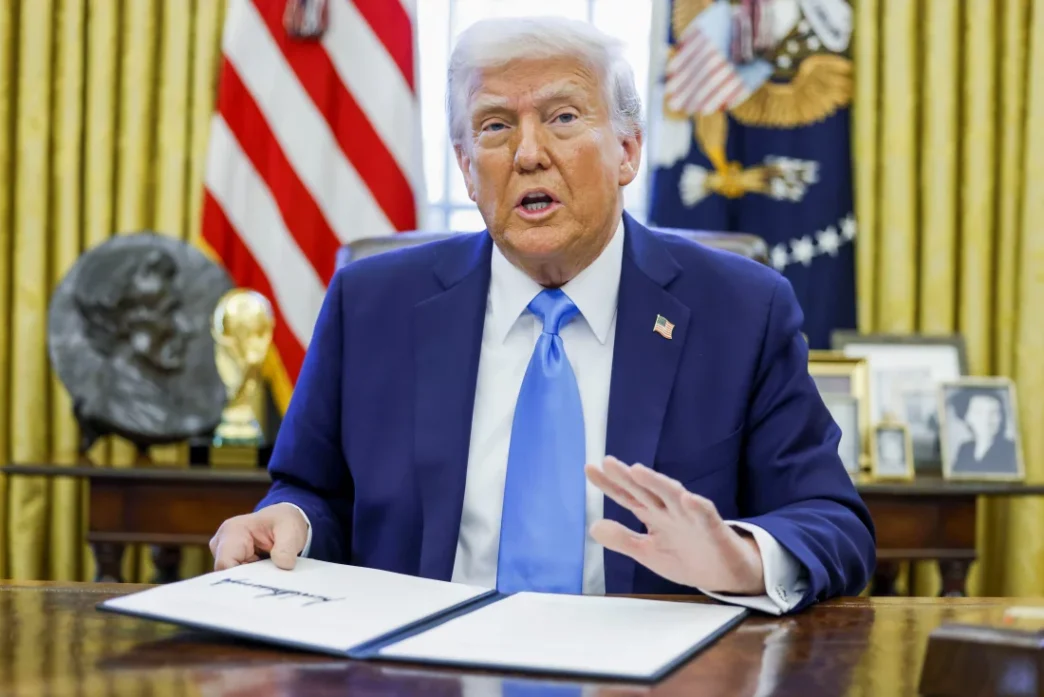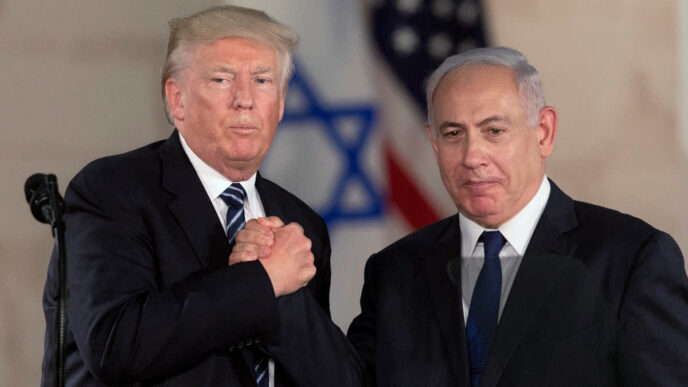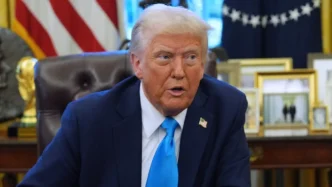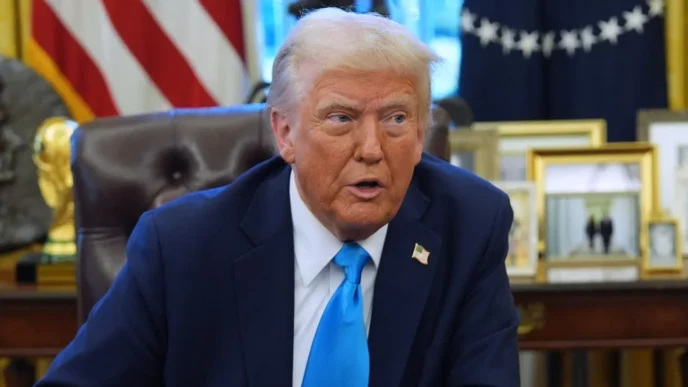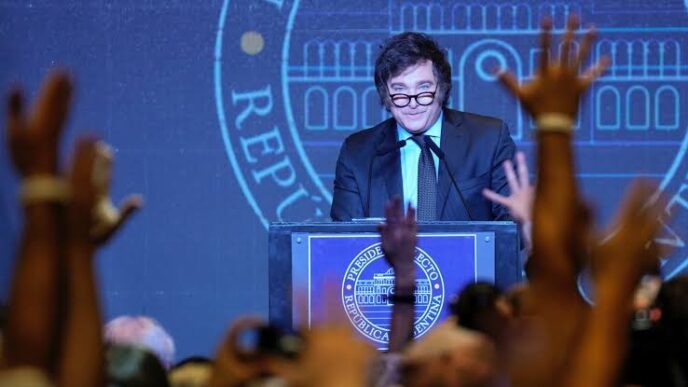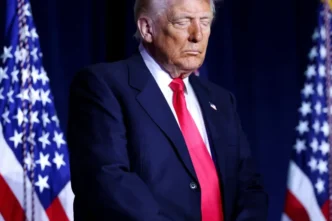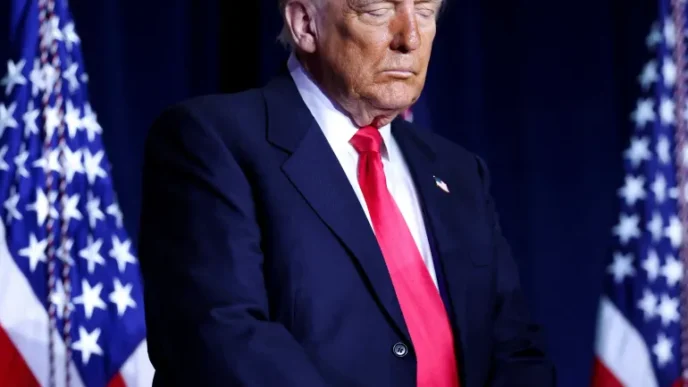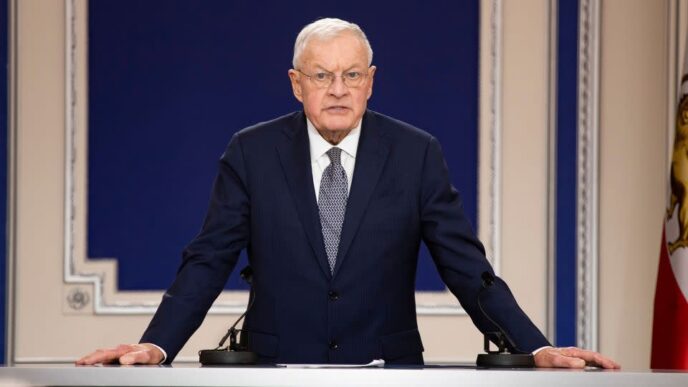President Donald Trump has once again taken decisive action to reshape U.S. involvement in global affairs.
On Tuesday, February 4, he signed an executive order withdrawing the United States from several United Nations bodies, including the Human Rights Council (UNHRC), and initiated a review of the country’s financial contributions to the organization.
The move, which aligns with Trump’s broader strategy of reducing what he deems unnecessary spending, reflects his commitment to prioritizing national interests over global commitments.
The executive order confirms Washington’s withdrawal from both the UNHRC and the United Nations Relief and Works Agency for Palestinian Refugees (UNRWA), while also placing the United Nations Educational, Scientific and Cultural Organization (UNESCO) under review.
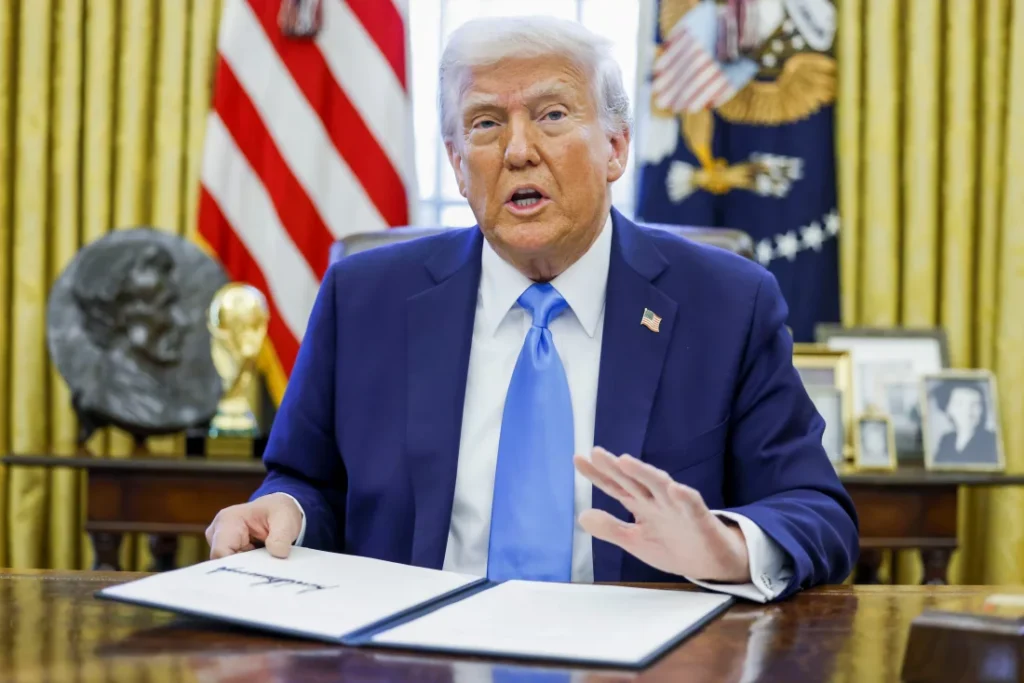
The decision comes amid a visit by Israeli Prime Minister Benjamin Netanyahu, who has consistently criticized UNRWA, accusing it of supporting anti-Israel activities.
During his first term, Trump had already cut off funding for the agency, stating that Palestinians should engage in peace negotiations with Israel before receiving U.S. financial aid.
“The first Trump administration also quit the 47-member Human Rights Council halfway through a three-year term over what it called chronic bias against Israel and a lack of reform.”
Moreover, this latest move is in line with previous actions taken by Trump.
Since assuming office for a second term on January 20, he has ordered the U.S. withdrawal from the World Health Organization (WHO) and the Paris Climate Agreement—steps he had already taken during his first presidency.
Meanwhile, UNRWA, once the largest recipient of U.S. aid, had its funding halted by President Joe Biden in January 2024 following allegations that some of its staff had links to the deadly October 7, 2023, Hamas attack on Israel.
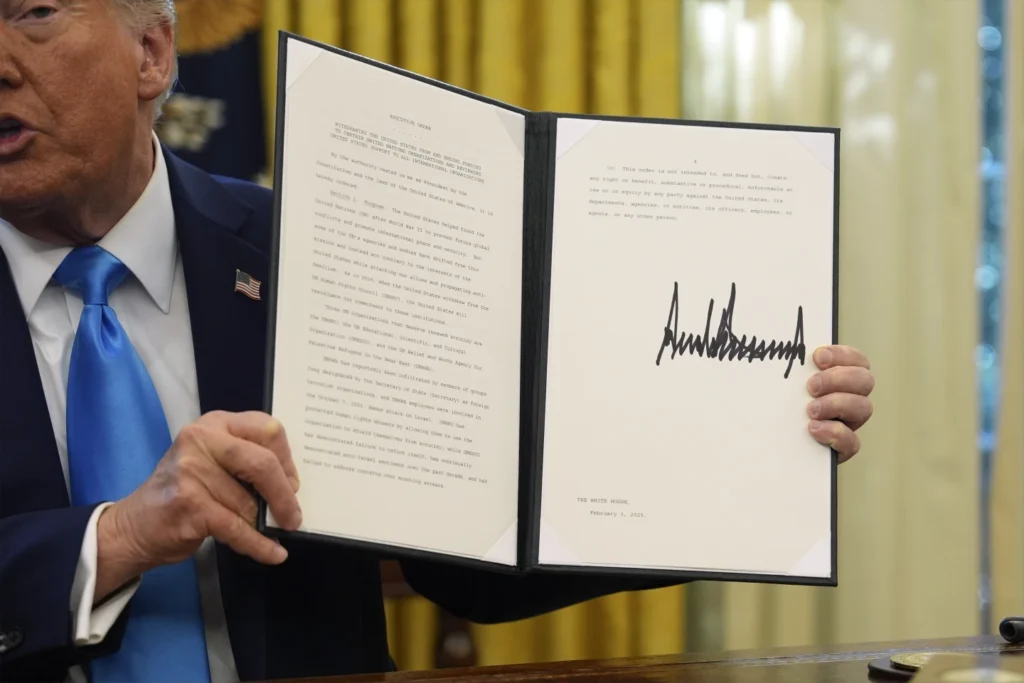
Congress has since officially suspended contributions to UNRWA until at least March 2025, further reinforcing the stance that U.S. resources should not be allocated to institutions that do not align with national interests.
Trump’s approach emphasizes cutting off financial obligations that, in his view, hinder economic growth and burden taxpayers.
However, with the U.S. previously contributing between $300 million and $400 million annually to UNRWA, the president remains focused on eliminating unnecessary expenses that could lead to financial setbacks.
His administration has continuously argued that these reforms will safeguard the nation’s resources while ensuring that only initiatives beneficial to U.S. growth receive support.
